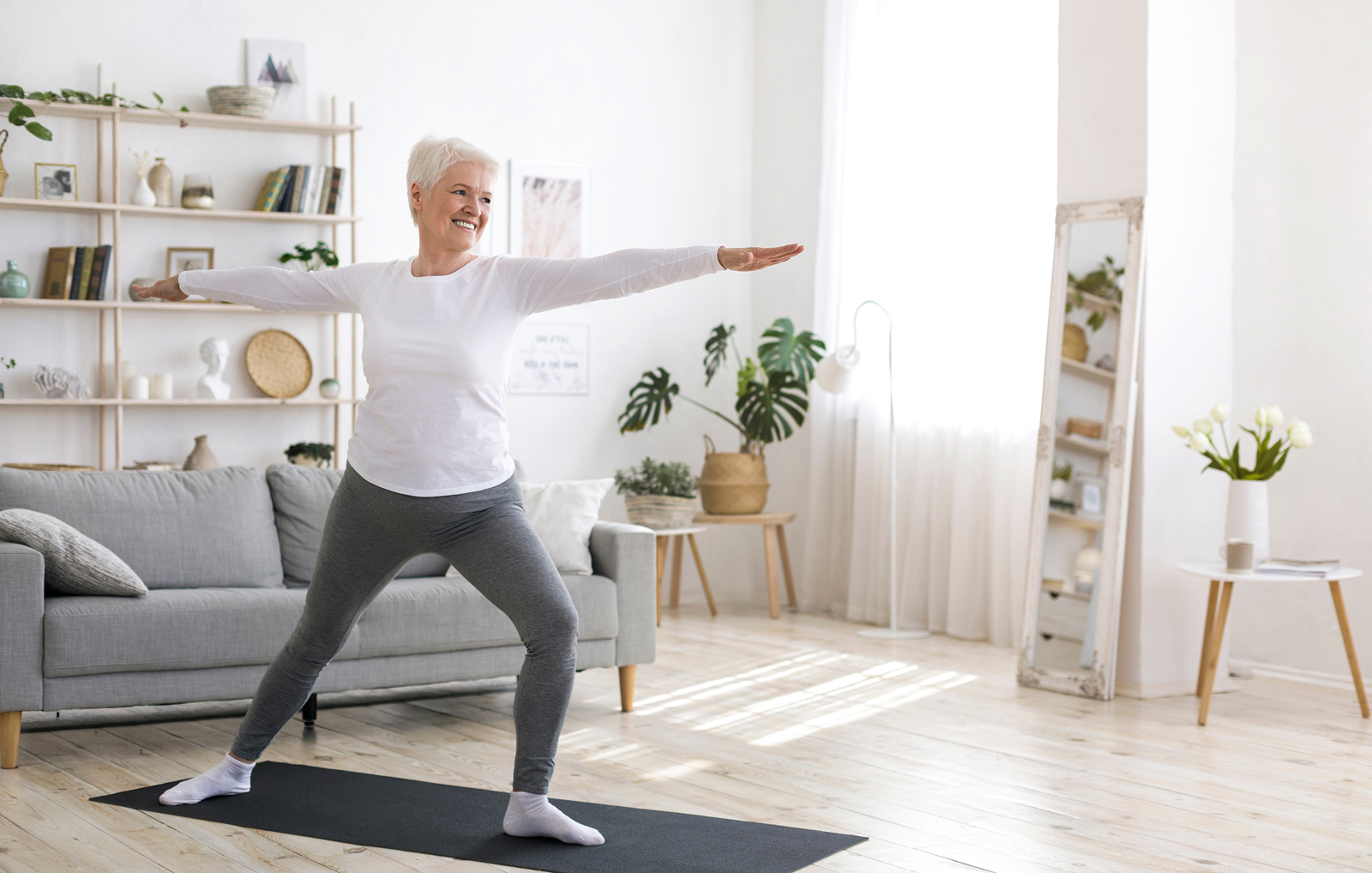
You don’t need to run marathons. Even small amounts of regular movement can improve your health, reduce tiredness, and help manage other conditions like high blood pressure or diabetes.
Regular activity can help:
It can also improve how well your body responds to medicines and reduce the risk of needing dialysis sooner.
Most types of movement are safe for people with CKD, especially in Stage 3 or 4. You might try:
The key is to find something you enjoy and can do regularly. Housework, gardening, or taking the stairs can count.
If you’re not used to exercise, start small. Even 5 to 10 minutes a day can make a difference. Gradually build up to:
Some people with CKD feel tired or weak. That’s normal. Choose a pace that suits you, and take rest when needed.
If you're aiming for 30 minutes of moderate activity, that could include:
You don’t need to do all 30 minutes at once—try breaking it into three 10-minute sessions across the day.
For your muscle-strengthening activities, here are some easy examples:
If you're unsure, ask your healthcare team or physiotherapist to help you get started safely.
You should check with your doctor or nurse before starting a new activity if you:
They can help you choose the right activities and avoid anything that may not be safe for you.
That’s OK. Life happens. What matters most is getting back to it when you can. The goal isn’t perfection, it’s progress. A little bit of movement, done often, goes a long way in helping you feel better and live well with CKD.
Disclaimer
This article is for educational purposes only and should not be used as a substitute for medical advice. Always speak to your doctor, nurse or pharmacist about your individual care. The information reflects NHS and NICE guidance at the time of publication.